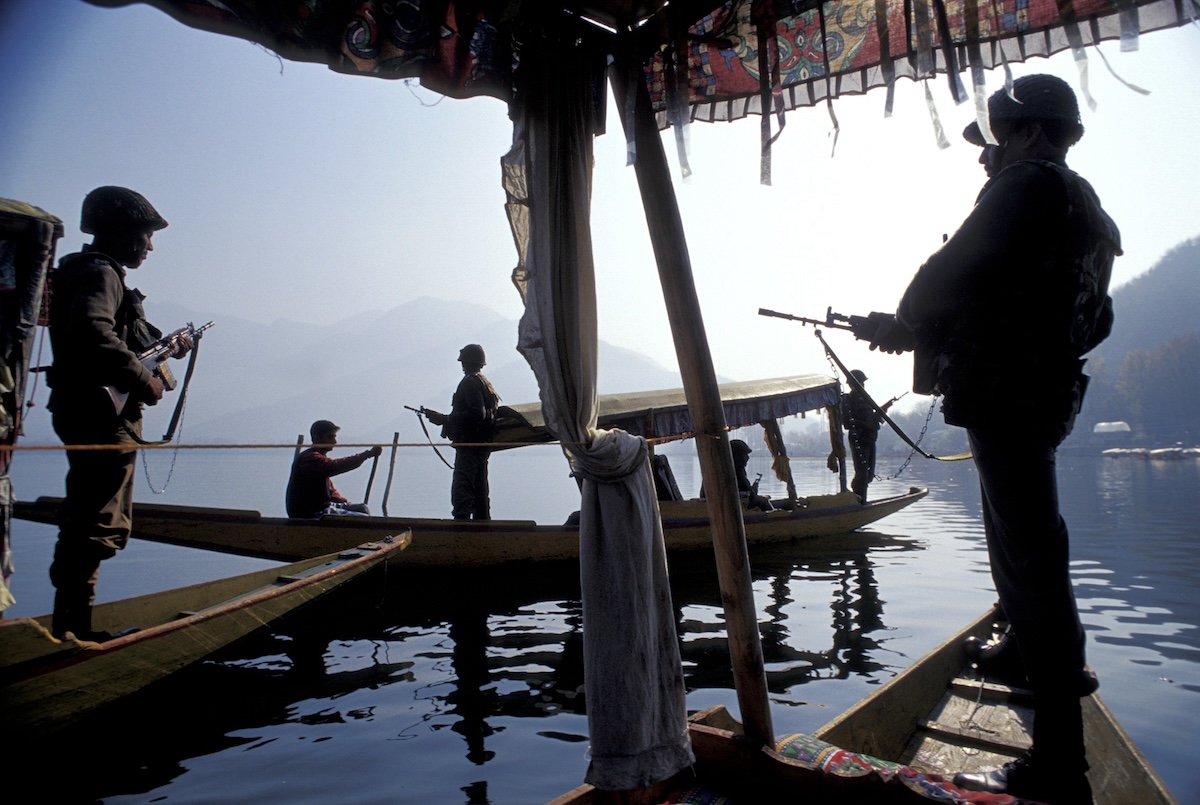Kashmir: Prisoner of History and Geopolitics
History Indian HistoryPosted by NewAdmin on 2025-01-30 09:31:41 |
Share: Facebook | Twitter | Whatsapp | Linkedin Visits: 24

Kashmir’s Historical and Geopolitical Significance
Kashmir, a small yet strategically important valley in the Himalayas, has played a pivotal role in the national imaginations of both India and Pakistan. Stretching just 89 by 25 miles and formed by the river Jhelum and its tributaries, the region has historically been a crossroads between Central and South Asia. Over time, Kashmir has been an independent kingdom, a province within the Mughal, Afghan, and Sikh empires, and a princely state within British India before becoming part of India post-independence.
Cultural and Strategic Importance
Kashmir’s unique physical beauty, strategic location, and distinct religious culture have made it an essential region for the political entities it has been part of throughout history. Its special status, however, has been amplified by the ongoing conflict between India and Pakistan since 1947. Both countries have placed Kashmir at the heart of their nationalist aspirations, each considering the region central to its territorial integrity and identity.
The Legacy of Partition and Decolonization
The process of decolonization and the partition of British India left Kashmir in a state of uncertainty, with its political status remaining unresolved. This unresolved issue continues to cast a long shadow over the region, intensifying the geopolitical tension between India and Pakistan. The legacy of partition and the challenges of decolonization have made Kashmir one of the most contested regions in the world, with its future deeply impacted by the historical and political forces at play.
Search
Categories
Recent News
- IIT Bombay Tragedy: Student's Fatal Leap from Hostel
- Chow Mein Chaos: Students' Suspension Sparks Controversy
- Hyderabad's Digital Safety Townhall: Unveiling Cyber Scams
- Hyderabad's Drug-Free New Year's Eve: A City's Vigilant Stand
- Mainpuri Murder: Taunts Turn Fatal in UP
- Political Firestorm: Rahul Gandhi's "Traitor" Accusation Sparks BJP Outrage
- Delhi Police Uncover Radical Links in Protester Arrests
- From Hobby to Thriving Business: The T-Shirt Startup's Success Story
Popular News
- Navigating IPO Market Dynamics Amid Volatility and Regulatory Changes
- Massive Worldwide Microsoft Outage Disrupts Multiple Sectors
- Panjapur Bus Stand to Reshape TNSTC Routes
- తెలుగుదేశం పార్టీ - పేదరికాన్ని నిర్మూలించడంలో వాగ్దానం
- Universities Embrace Remote Learning Technologies Amidst Ongoing Pandemic